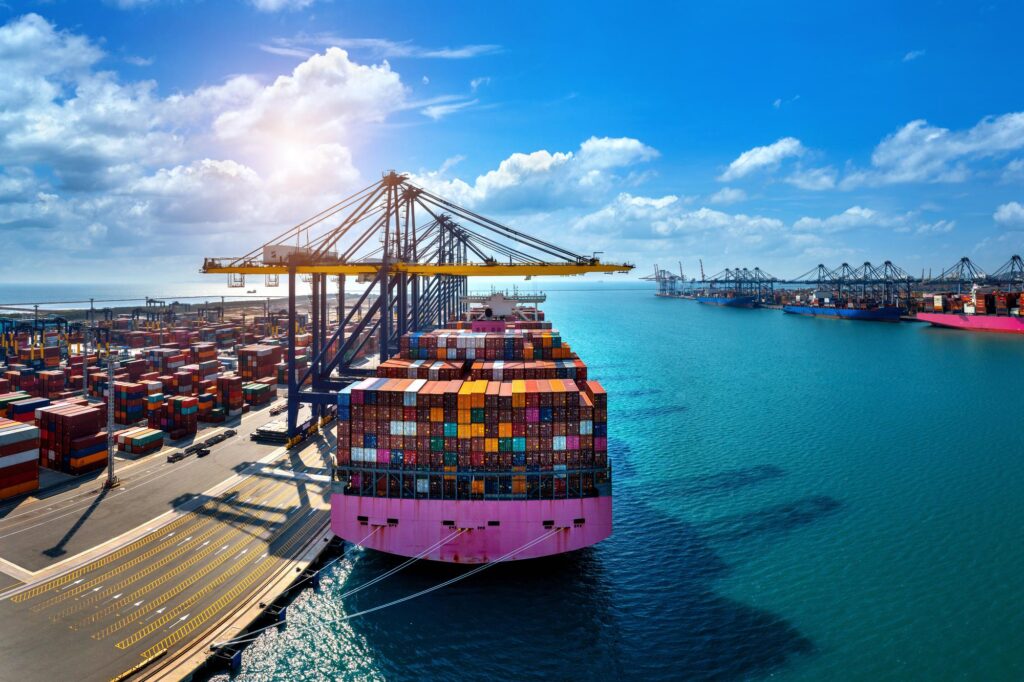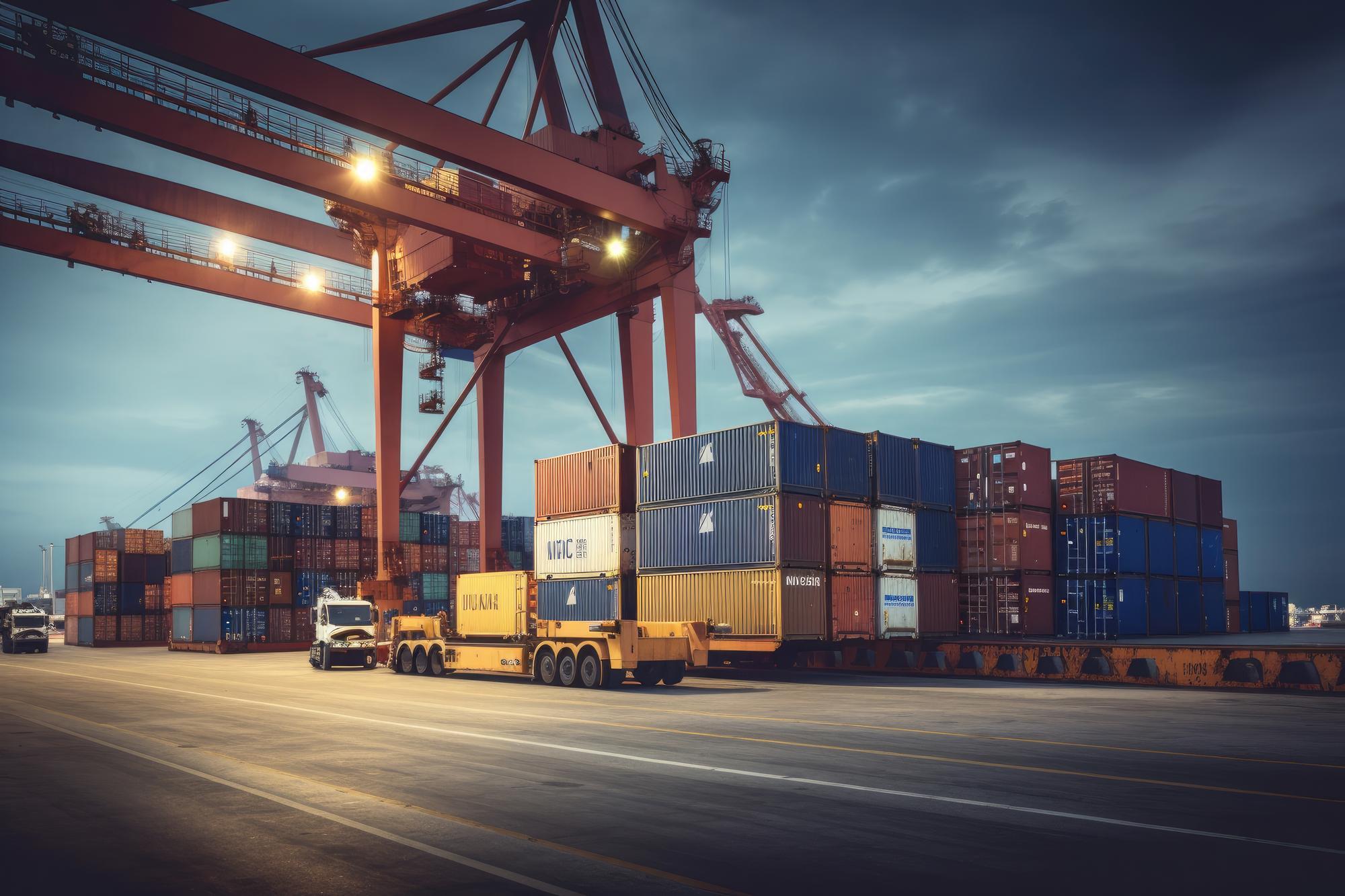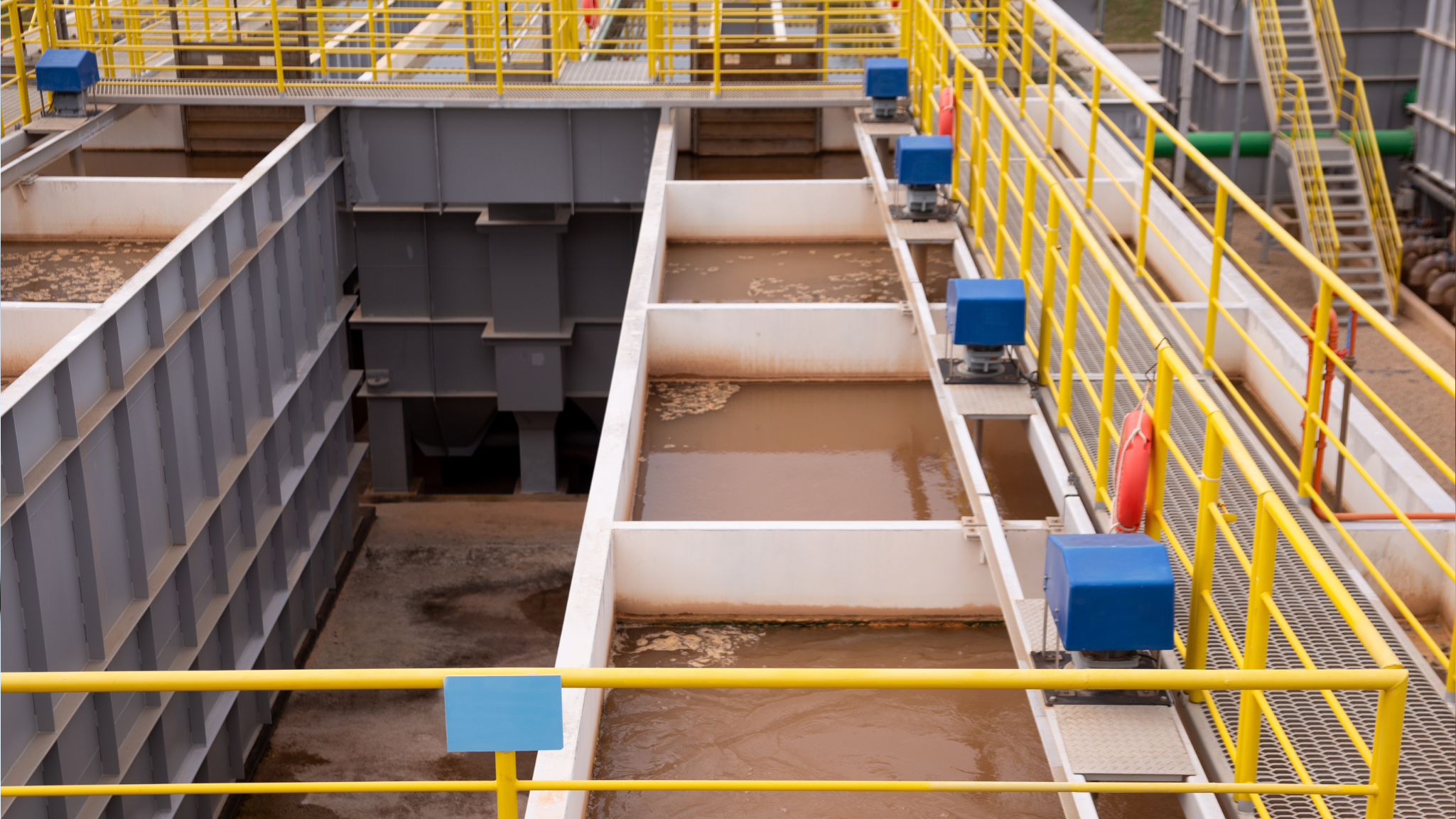Supply chains have grown incomprehensibly complicated in today’s interdependent world. Modern industries—think manufacturing and quality control—need more than a linear supply-chain. Enter the supply chain ecosystem, a conceptual strategy to drive efficiency, resilience, and innovation. This article explores the role of ecosystems in revolutionizing supply-chain operations.
Table of Contents
Understanding the Supply Chain Ecosystem
A supply chain ecosystem is an integrated set of businesses, suppliers, partners, processes, people, and resources working together to move products from manufacturing to the end user. Its strength lies in integration—optimizing processes, minimizing risks, and improving effectiveness across diverse domains. Unlike traditional supply chains, ecosystems are not dependent on a single entity; instead, they leverage collective strengths to adapt quickly to challenges and opportunities.
Improving Visibility and Collaboration
Ecosystems enhance collaboration by enabling smooth communication and data flow among stakeholders. Processes are interconnected, allowing real-time visibility and quick action. For instance, if a shipment is delayed at a port, the ecosystem relays that information upstream so production schedules or resources can be adjusted to minimize downstream impact.
Resilience Through Integration
With modern supply chains affected by geopolitical tensions, natural disasters, and pandemics, ecosystems boost resilience through data integration and advanced analytics. Predictive modeling and real-time risk assessments allow businesses to adapt rapidly.
For example, visibility data linked to procurement platforms enables manufacturers to quickly source alternatives during disruptions, minimizing downtime and ensuring production continuity. Ecosystem planning optimizes resources network-wide, enhancing sustainability and resilience.

Competitive Advantage and Driving Innovation
Ecosystems not only manage risks but also foster innovation. Through technologies like AI, machine learning, and IoT, ecosystems unlock new efficiencies.
- AI tools predict quality issues by analyzing historical data.
- IoT sensors track real-time conditions in production, ensuring proactive quality control and improved customer satisfaction.
Collaboration provides competitive advantages such as faster delivery, greater transparency, and higher-quality products. Building such a network creates a barrier to entry for competitors due to the time and resources needed to replicate it.
Sustainability and Ethical Practices
In today’s eco-conscious world, ecosystems drive sustainability through real-time data exchange and collaboration.
- Engineers can reduce waste, optimize resources, and comply with environmental laws.
- Ecosystems enhance traceability, ensuring responsible sourcing of raw materials and transparency for regulatory compliance and consumer trust.
Implementation Challenges and Solutions
Challenges to ecosystem implementation include:
- Resistance to change
- Incompatibility of legacy systems
- Data security concerns
Solutions involve:
- Strategic planning and change management
- Data standardization and interoperable platforms
- Strong cybersecurity policies to build stakeholder trust
Conclusion
Adopting a supply chain ecosystem is essential for staying competitive in a global market. For quality control engineers, ecosystems offer unmatched opportunities to improve efficiency, ensure product quality, and drive innovation. The result? Resilient, agile, and sustainable supply chains that create long-term value. Ecosystems will continue to redefine what’s possible in supply chain management.




